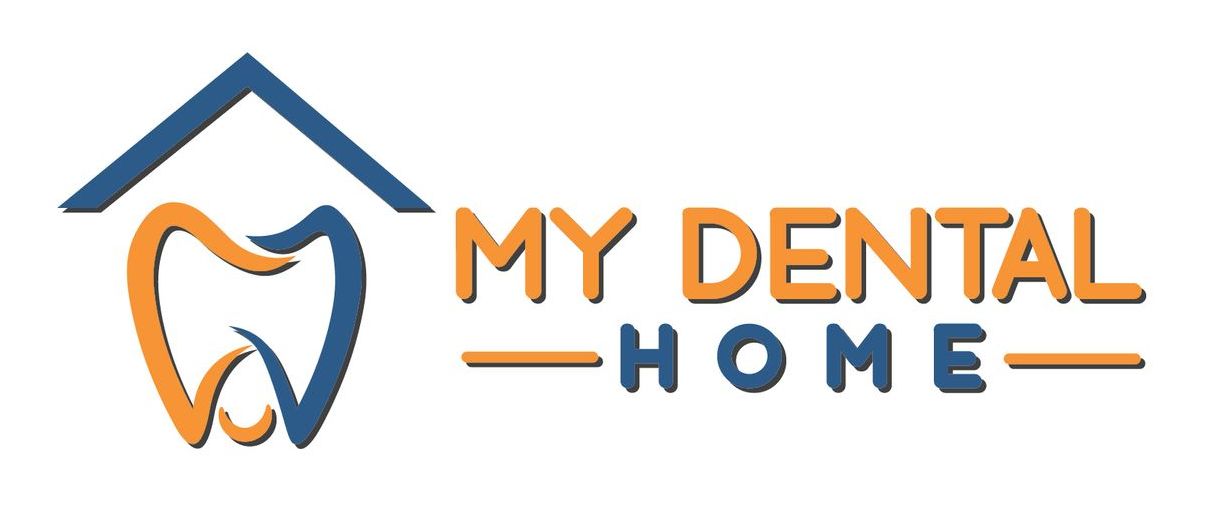Tackle Bad Breath with Proven Tips
Bad breath is something we all encounter and can be embarrassing as well as bothersome. At our dental office, we emphasize the importance of a complete oral hygiene routine for maintaining fresh breath. We believe in empowering our patients with the knowledge and tools to tackle bad breath effectively so they can feel confident in their oral health.
Bad breath, or halitosis, can often be a signal from our body that something is amiss with our health. It’s not just about what we ate last night; it could be a sign of improper dental hygiene habits, or sometimes, an indicator of other health issues. That’s why understanding the root cause of bad breath and how to prevent it through daily practices is crucial for not only your social interactions but also for your overall health.
In our dental practice, we focus on educating our patients about the importance of comprehensive oral care routines that are tailored to combat bad breath. We guide our patients through effective strategies that are simple yet effective in maintaining a fresh, healthy breath all day long. Learn how to improve your dental habits for lasting fresh breath and confidence.
Identifying Common Causes of Bad Breath
Bad breath can be caused by various factors, and pinpointing the exact cause is the first step toward effective treatment. One of the most common causes is poor dental hygiene. If we don't brush and floss regularly, food particles can remain in the mouth, collecting bacteria, which produce foul-smelling odors. Another prevalent cause is dry mouth, which occurs when there is insufficient saliva to cleanse the mouth naturally. Saliva is crucial because it helps wash away food particles and bacteria, the primary culprits of bad breath.
Additionally, certain foods, such as garlic and onions, can contribute to bad breath as they contain intense compounds that are carried to the lungs and exhaled. Smoking and tobacco use can also cause persistent bad breath, not to mention staining teeth, reducing one's ability to taste foods, and irritating gum tissues. Identifying common causes of bad breath helps you take actionable steps to manage it effectively.
Daily Oral Hygiene Practices to Prevent Bad Breath
Maintaining a rigorous dental hygiene routine is essential for keeping bad breath at bay. We always recommend brushing your teeth at least twice a day with fluoride toothpaste. This practice helps remove food debris and plaque, a sticky film of bacteria that forms on the teeth and gums. Flossing daily is equally important, as it removes food particles and plaque from between the teeth and under the gum line, areas where the toothbrush can't reach.
Incorporating a tongue scraper into your oral hygiene routine can also make a significant difference. The tongue can harbor bacteria that produce malodorous compounds, so gently scraping it can remove these bacteria and freshen your breath. Additionally, we advise using an antibacterial mouthwash to eliminate bacteria that cause bad breath. It's not just about masking bad odor; it's about eliminating the bacteria that cause it. These daily practices are simple yet effective in promoting a clean, fresh mouth and preventing the discomfort and embarrassment that bad breath can cause.
Choosing the Right Products to Freshen Your Breath
Selecting the appropriate products to maintain fresh breath is crucial. We always recommend products that carry the American Dental Association (ADA) seal, which assures that they meet strict safety and effectiveness criteria. When choosing toothpaste, look for those that contain fluoride and offer antibacterial properties to help fight the bacteria that cause bad breath. Likewise, mouthwashes that kill bacteria rather than merely masking bad breath can provide a significant benefit. These types of mouthwash usually have chlorhexidine or cetylpyridinium chloride listed as active ingredients and are excellent for reducing bad breath when used properly.
Additionally, consider sugar-free gums and lozenges that can stimulate saliva flow. Saliva is your body’s natural defense against bad breath because it helps wash away food particles and bacteria. Keep in mind that while these products can help manage bad breath, they are most effective when used as part of a comprehensive oral hygiene routine.
When to Seek Professional Help for Persistent Bad Breath
If your bad breath persists despite maintaining good oral hygiene, it may be a sign to seek professional help. Persistent bad breath can often indicate a deeper underlying issue such as gum disease, a yeast infection of the mouth, or other medical conditions like diabetes, liver or kidney problems. It's important not to ignore these symptoms, as treating the underlying cause can eliminate bad breath and improve your overall health.
If persistent bad breath continues despite regular oral care, seek professional advice from our dental team. In our practice, we provide comprehensive examinations to determine the cause of your bad breath and offer tailored solutions that go beyond temporary fixes. Our team is equipped with the tools and expertise necessary to address not just the symptoms but the root causes of chronic bad breath.
Conclusion
Dealing with bad breath starts with understanding its causes and taking appropriate daily actions to mitigate it. From maintaining regular oral hygiene to choosing the right products and seeking professional advice when needed, these steps are essential in ensuring that bad breath doesn’t hold you back from being your best self. Visit My Dental Home for personalized guidance in achieving fresh breath and optimal oral health. If you're struggling with persistent bad breath, don't hesitate to reach out to us. For
general dentistry and more, schedule an appointment with us today.
Share This Post

